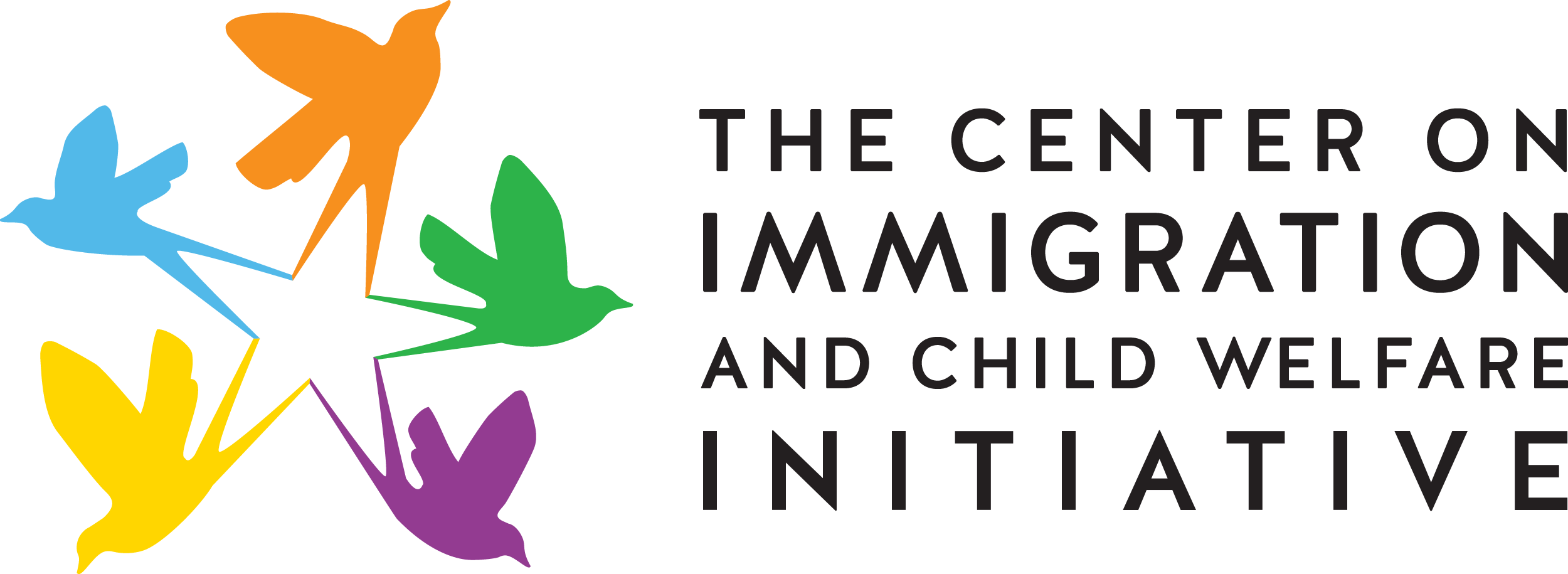Immigrants and U.S.-Born Parents of Young and Elementary-School-Age Children in the United States
Jacob Hofstetter and Margie McHugh, Migration Policy Institute (April 2021)
The U.S. fact sheet provided by the Migration Policy Institute, examine the main sociodemographic features of immigrant and native-born parents with the intention of gaining more knowledge about how to create more equitable ways of integrating the needs of immigrant families in the United States with a focus on early childhood, health and social services, and the education systems. There are also fact sheets included for each state. The webinar link highlights the data that illustrates the disparities that children in immigrant families experience in the United States.

